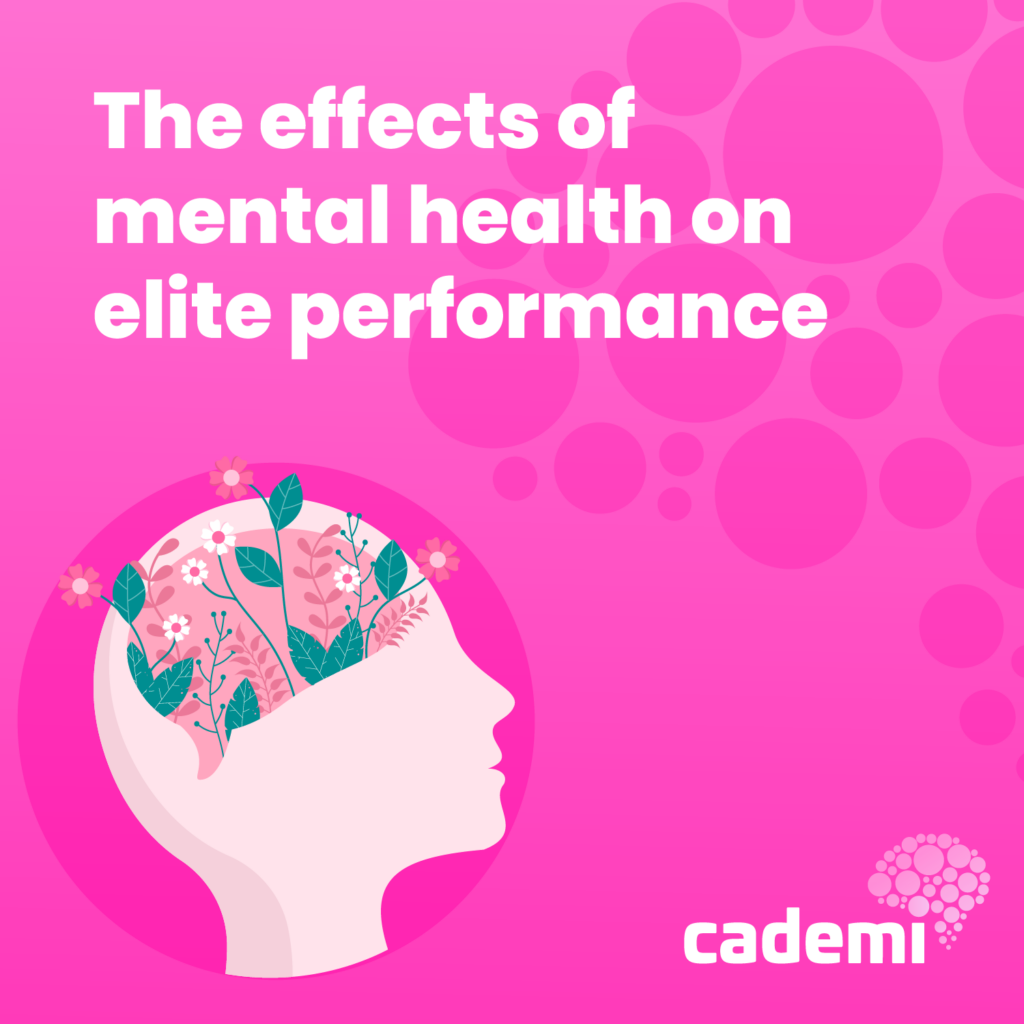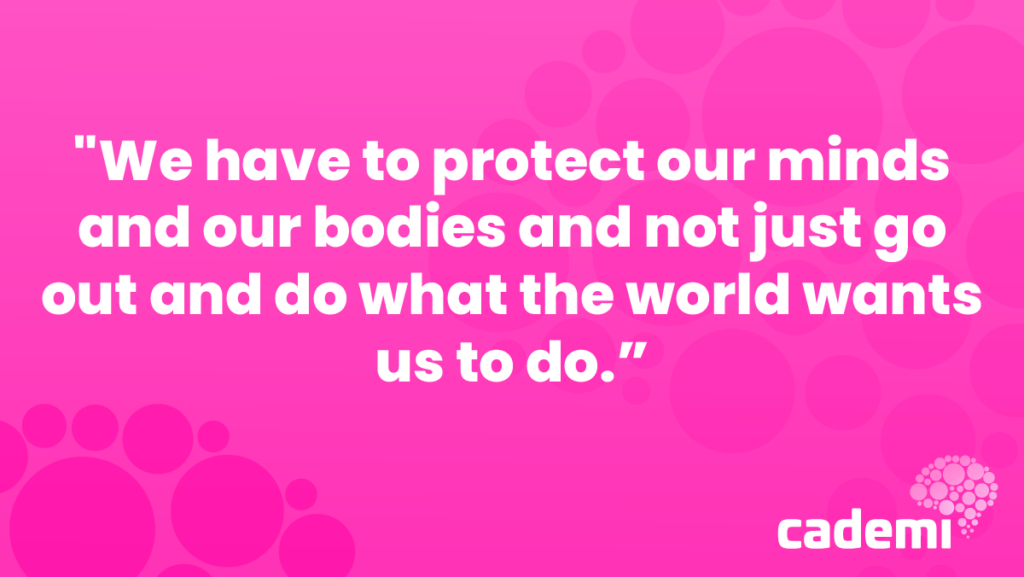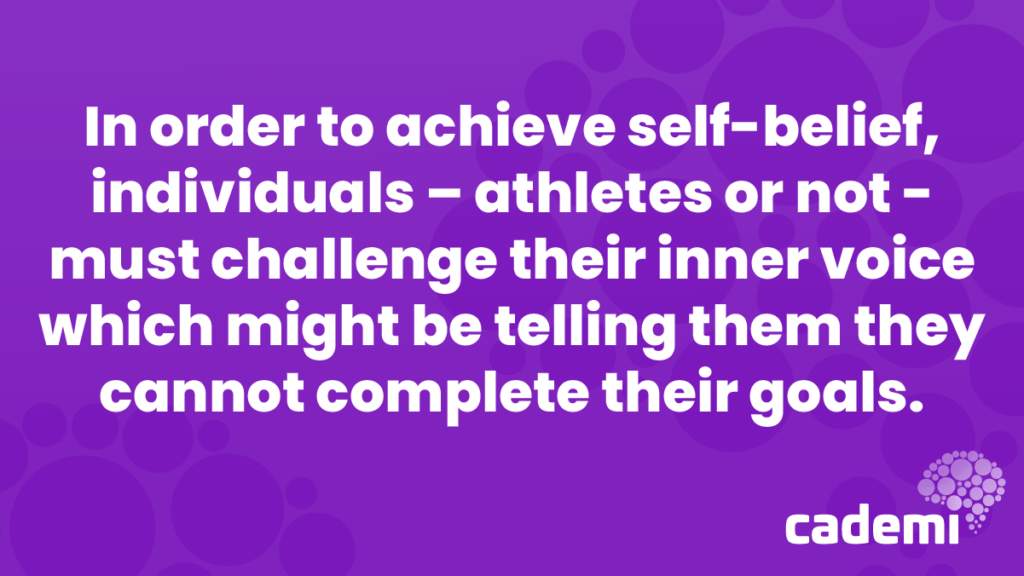
The effects of mental health on elite performance
This summer’s recent major sporting events, including the Tokyo Olympics, certainly sparked a lot of debate about the effects of poor mental health affecting peak athletic performance.
As Japanese tennis ace, Naomi Osaka, announced a mental health break after suffering from stress in the limelight, and four-time Olympic gold medallist, Simone Biles, pulled out of the women’s gymnastics team final, it shone a light on the long struggle many athletes have with mental health.
As Biles quoted to the BBC, “We have to protect our minds and our bodies and not just go out and do what the world wants us to do.”

How can mental health affect sporting performance?
Any number of negative psychological factors can lead to mental blockages occurring for athletes of all types. Such mental blocks cause a break in the focus and preparation that these athletes have trained so hard to perfect. Psychological disruptions can in turn lead to physical disruptions such as muscle tightening, shaking and increased perspiration, which are enough to result in poor performance, and even injury.
Just one moment of mental blockage is enough to disrupt years’ worth of training and practice. Something that British tennis star, Emma Raducanu, unfortunately experienced first-hand during this year’s Wimbledon Championship. She was forced to withdraw during the second set of her match against Ajla Tomljanovic after suffering from a suspected panic attack due to the pressure of being on court.
Preparing for your mental health best
To combat the crippling effects that mental issues can have on elite athletes, both coaches and the athletes themselves focus on various tactics including goal setting, visualisation, and confidence building.
And it’s not just elite athletes that can benefit from these techniques either. The concepts and benefits transfer just as well to non-professional sportspeople as well as to those of us looking at ways to improve mental performance in our own careers, whatever they may be.

Goal Setting
Goal setting can be a successful tactic to improve performance and mental strength. The most important thing to consider when goal setting, both in terms of athletic and professional performance is so set the goals at the right level.
Goals must be realistic and organised into small increments that are genuinely achievable in the short term. Whether shaving micro-seconds off a sprint time or minutes from an office-based admin task, attainable goals are beneficial for confidence building and help paint a clear picture of achievement and success.
Beware that setting goals too high can have the opposite effect on mental health - not reaching highly-exaggerated goals can lead to a loss of confidence and poor self-worth.
Visualisation
Those who can visualise themselves achieving success are often much more successful than those who cannot. It comes back to the views of the law of attraction – a pseudoscience based on the belief that positive or negative thoughts bring positive or negative outcomes.
In order to achieve self-belief, individuals – athletes or not - must challenge their inner voice which might be telling them they cannot complete their goals. These challenges come in the form of visualising success and practising self-talk.
The more we imagine ourselves completing a task well, the easier it is for us to accomplish the task in a physical environment, even when the limelight of others or the media is shining down brightly on us.
For example, one of the most common performance techniques for figure skaters is to visualise themselves in the rink and fully immersing themselves into their routine – from the comfort of their own home. Visualising taking off and landing the jumps whilst in a relaxed state can help to improve their confidence and concentration when it comes to performing the real thing.
Visualisation techniques tend to be more important to individual sports such as ice skating, golf and gymnastics, and also apply to professionals who often work individually on specific tasks. For example, Directors visualising themselves presenting to the board or salespeople visualising themselves carrying out a sales pitch to prospective clients.
It’s clear to see that the effects of mental health and performance are very closely interlinked, and here at Cademi, we fully understand this concept.
We take mental health very seriously, and that’s why it’s interwoven tightly into our training platform.
If you are interested to find out how Cademi can help improve your mental health and optimum performance, then download the brochure now, or get in touch for more information.
